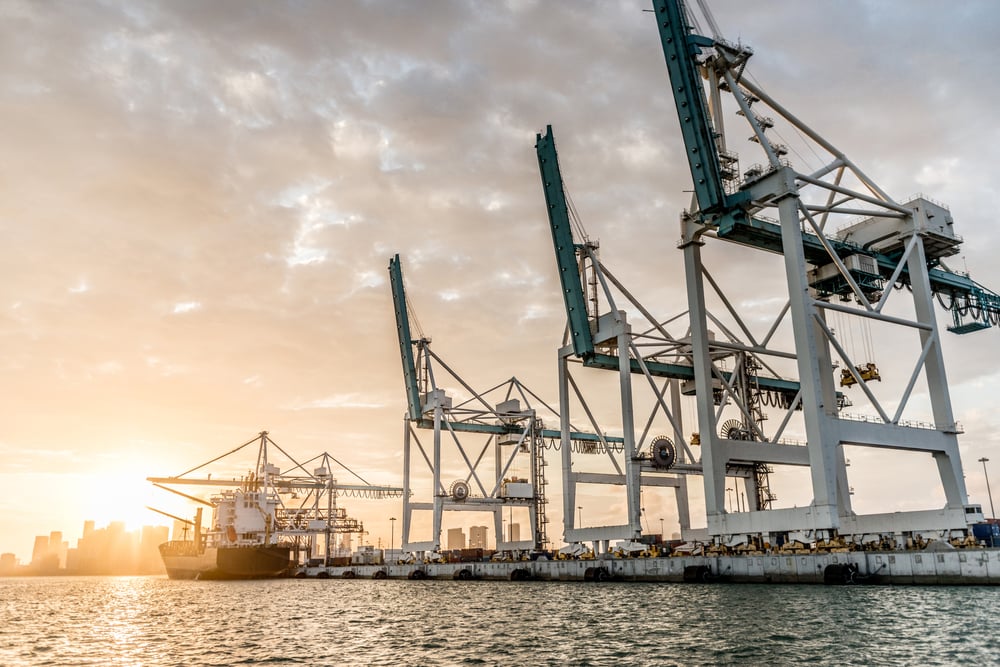The automotive industry is experiencing a significant worldwide increase in sales in 2023 and, consequently, a rise in vehicle production. Much of the surge in sales is being driven by pent-up demand following the COVID-19 pandemic, the cost-of-living crisis and the shock of rising inflationary pressures on the end consumer. Many people postponed car purchases due to uncertainty and economic instability.
In 2023, despite the continued economic uncertainty, some consumers started to make previously postponed purchases, leading to increased car sales. In the EU, new passenger car registrations rose 17% year-on-year (y-o-y) in April. In the first four months of 2023, the cumulative increase was 18%. Total US car sales were up 9% y-o-y in the first three months of the year, reflecting improved buyer sentiment.
In response to the rising demand, car manufacturers are increasing production. Production statistics in the automotive industry are exceedingly high. In the EU, demand for cars boosted car production by 30% y-o-y in Q1 2023. The US automotive industry lags behind the EU in terms of recovery, but it is nevertheless performing strongly; over Q1, car production climbed by 15% y-o-y. Similarly, Turkish car production grew 17% y-o-y in the first four months of 2023. Car production in China rose by 9% y-o-y in the first four months making the country the largest car exporter in Q1 2023.
The automotive industry's role in metal consumption is significant, requiring large quantities of various metallic materials to produce cars. A surge in demand for metals from the automotive industry caused prices to bounce back from the price bottom in late 2022 and rise. But the weak economic outlook for the global economy is putting considerable pressure on metal prices, limiting upside price movement. An average passenger car contains around 900kg of steel, around 150kg of aluminium and 20-25kg of copper. The production of one car engine requires around 25-30kg of cast iron. In addition to steel, aluminium, cast iron and copper, the car industry also uses other metals such as nickel, zinc and lead, although in smaller quantities.
Unlike other metal-intensive industries, the car industry is now the main demand driver for metals, but this is not enough to form an upward price trend. Moreover, some market players are skeptical about the industry’s outlook. In their view, pent-up demand for cars will soon be met, and without earnings rising and available credit, further growth in car demand will not be possible.

.png?width=145&height=54&name=Mintec_Logo_Small_Use_Mono_RGB%20(2).png)

















